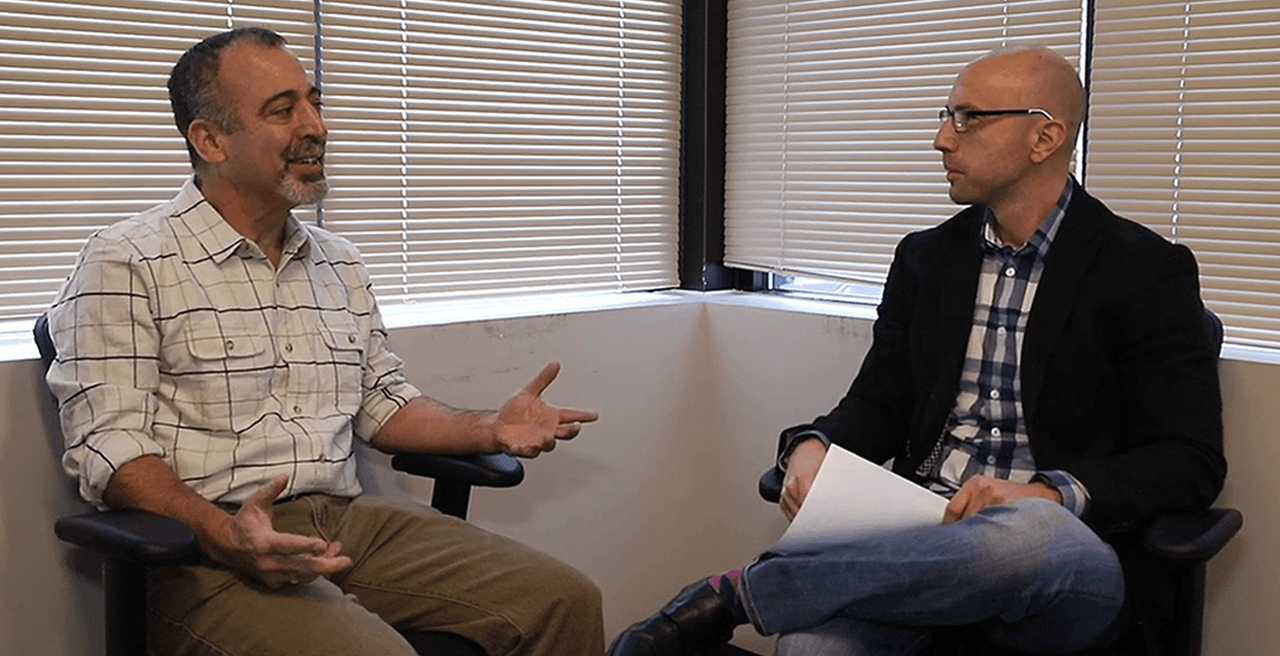Education is vital to legacy applications’ future – podcast
Educating young developers about the importance of legacy software applications, and building the tools needed to connect them with modern technologies are the keys to combining old-school reliability and new-school engineering say Bill and Eileen Hinshaw of COBOL Cowboys. If you’ve followed the stories about the computer-system meltdowns brought about by the overwhelming demand for […]





